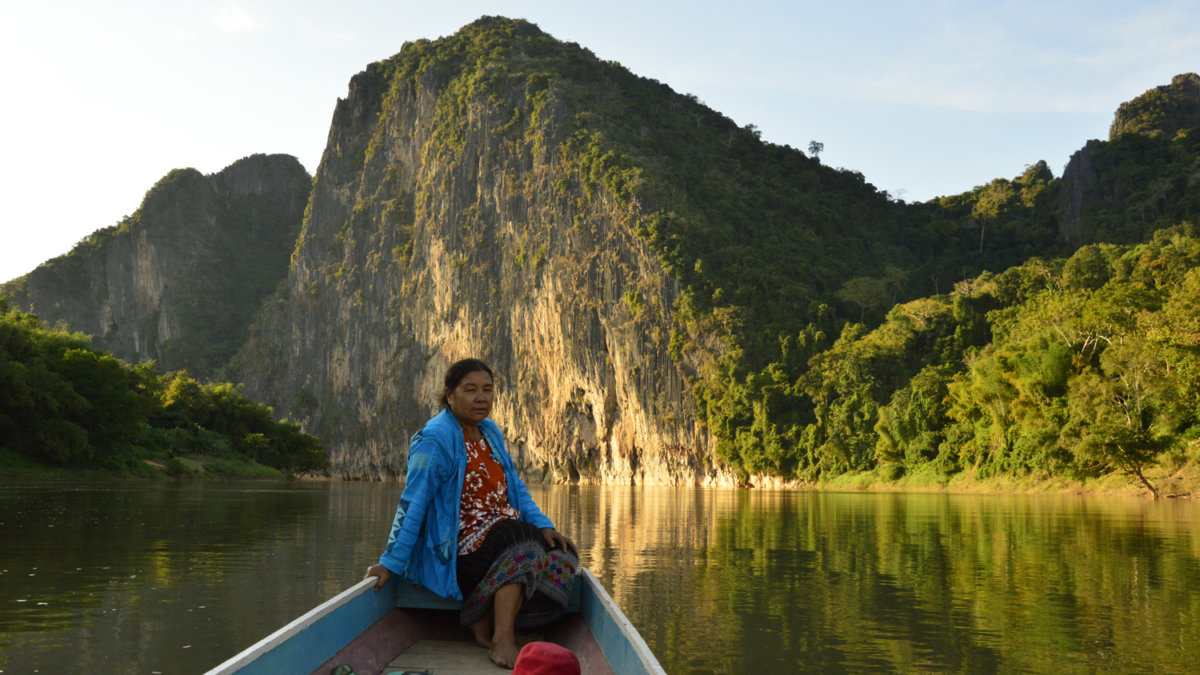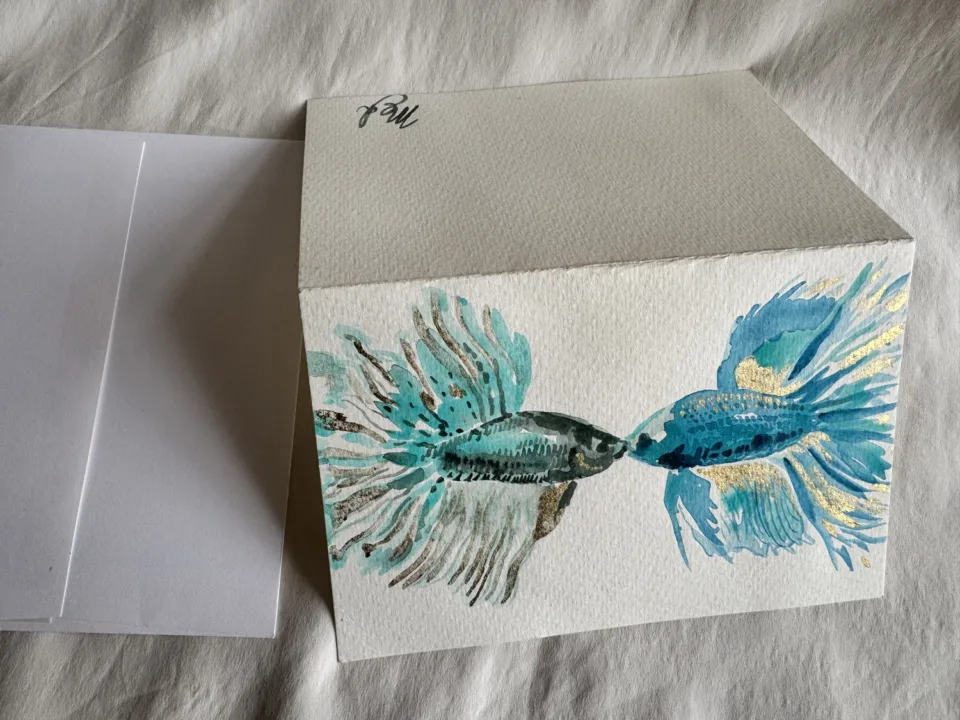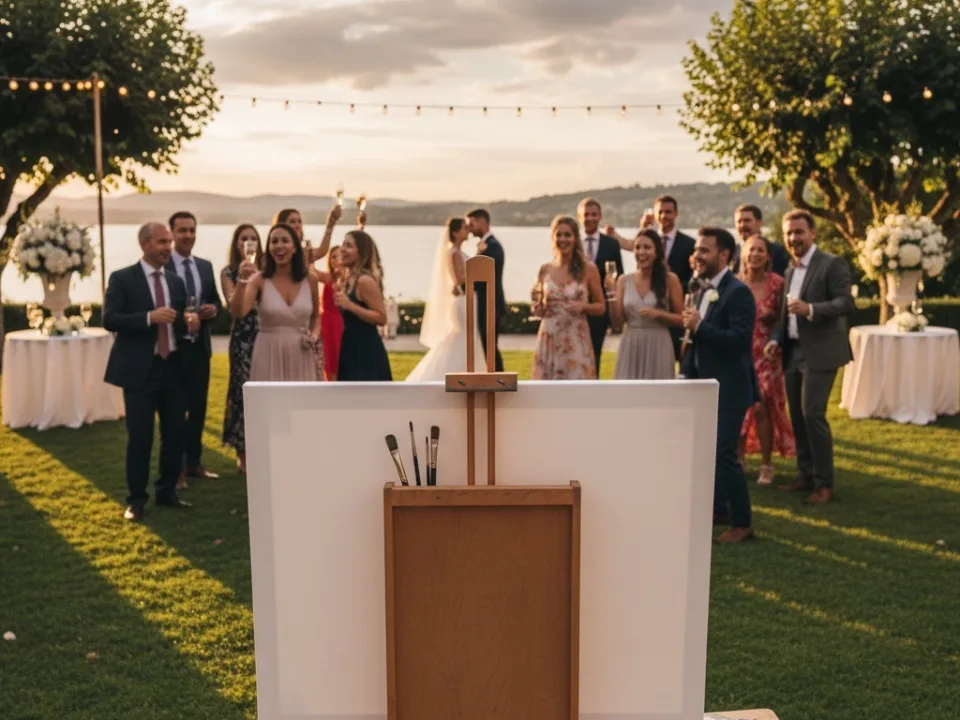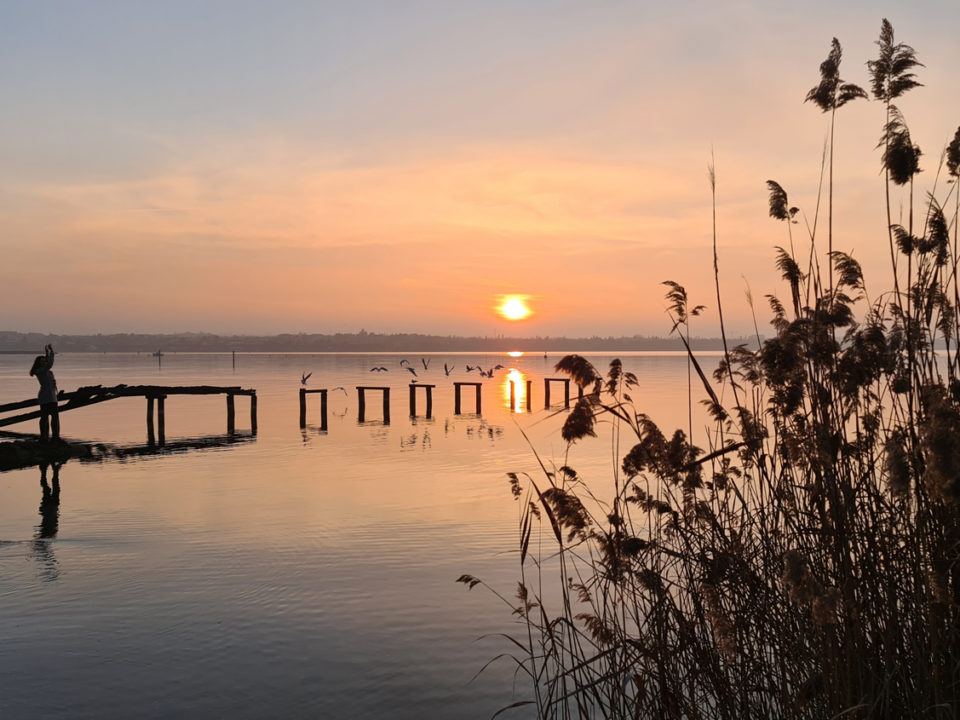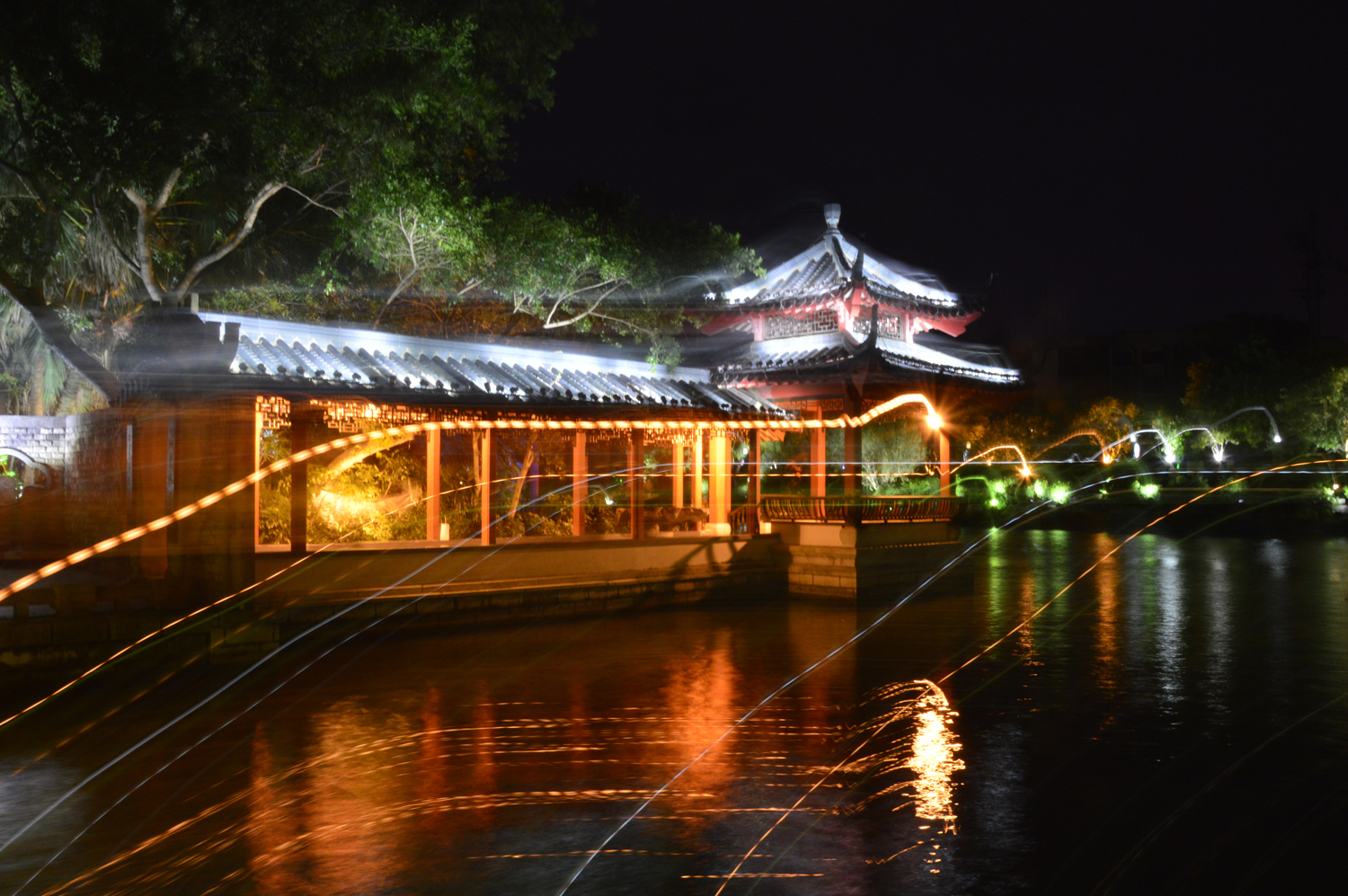
Lights and Atmospheres of the East
16. July 2020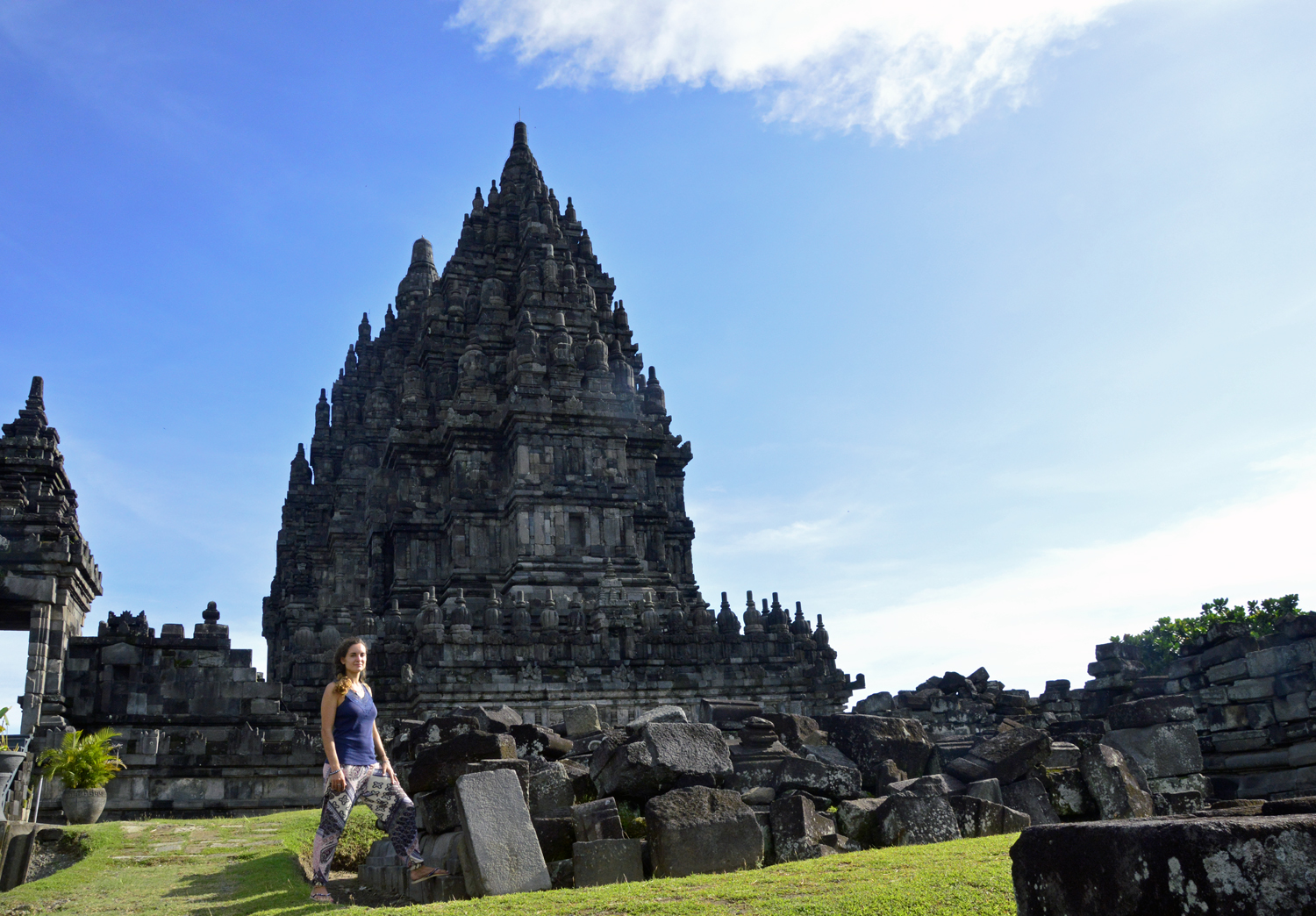
Crossing Indonesia
31. July 2020
Lights and Atmospheres of the East
16. July 2020
Crossing Indonesia
31. July 2020How experiences shape our lives
How experiences shape our lives
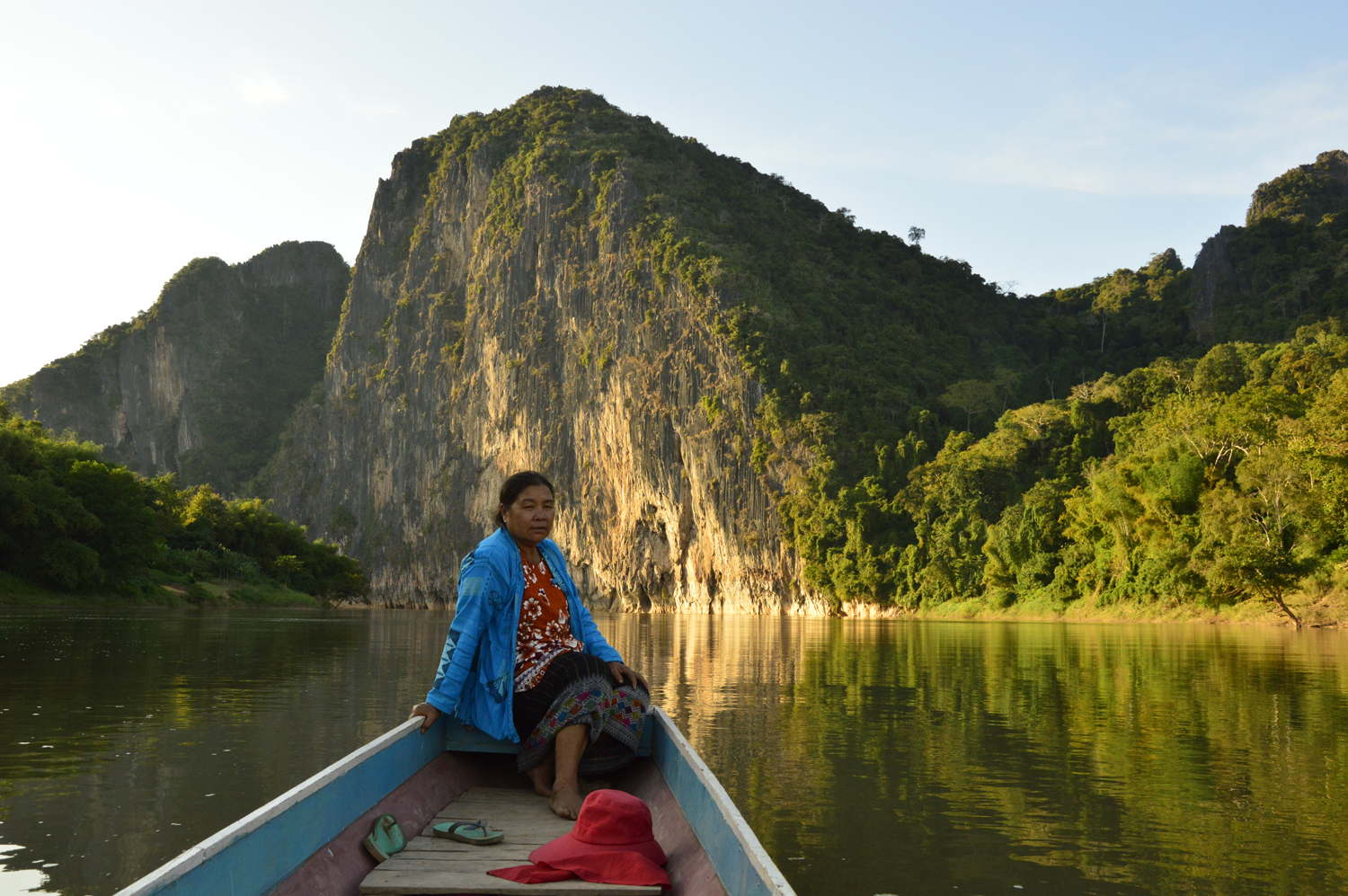
Sailing on the Ou River in Laos.
The dramatic backgrounds
What a feeling of peace to arrive in Laos, among its green forests and peaceful and hospitable people. Tizian and I had arrived in Southeast Asia. The air was tropical and the vegetation lush. Pigs and wild buffaloes sunbathed and swam on the banks of the Ou River, a vision that instilled serenity. We sailed on this river which then meets the great Mekong. There are villages of simple and poor people who are happy to invite you to dinner and communicate, despite the language barriers. We visited the Elephant Conservation Centre in Saja Bouri, which was one of the animal conservation centres we had selected to visit during our trip. We wanted to learn about the condition of the animals in this part of the world and understand how we could help, in our own small way. Elephants from tragic past were brought to this centre. They were saved from mistreatment, from the hard work of deforestation, in which the pachyderms are used to drag the heavy logs. Here the elephants could find their own space, swim in the water, interact with each other. These animals, accustomed to living in captivity, also here lived very much in contact with humans and their "mahout", their handler, trainer and keeper. A very strong bond is created between them that often lasts a lifetime.
The situation of the elephants of the Animal Friends Foundation in Thailand was similar. In this centre we met many animals brought here from places of mistreatment. Sun bears, gibbons and many other species find there a happy island, much more space and freedom than they were used to before. The traffic of wild animals in Southeast Asia is monstrous. Bangkok is a crucial center for illegal trade in species, even endangered ones.
Every country hides many faces. If you discover a dark side you can no longer ignore it, even if the sand between your feet and the turquoise waves of the sea whisper to you that everything shines and that you can abandon yourself in the feeling that nature instills so well: peace. However, peace is often interrupted, even on the most beautiful and less frequented beaches. While animal trafficking can be concealed from most foreign visitors, plastic is a problem that seems impossible to hide. The beaches are full of rubbish. Postcard views are ruined by metres of beach on which the most varied plastic waste accumulates. What a heartbreak. This is not Thailand's problem, it's our problem, yours, everyone's. Never, as in the sunny days in Koh Tao, have I clashed so violently against the human impact on nature.
Travelling is a privilege, reserved especially for those who come from countries where there is well-being. It is difficult to travel with very little environmental impact. We all know by now how polluting a single intercontinental flight is. But few things change your life and your vision of the world like seeing and touching the problems that society wants to hide from us: the enormous palm oil plantations, which have replaced countless hectares of forests; the animals saved from trade for traditional Chinese medicine, irreversibly wounded or unable to live free, and who are then condemned to live in cages forever; the rubber flip-flops and the wreckage of a plastic basket on the beach, colonized by shellfish, because life, after all, often finds a way to adapt to the new conditions. So if you didn't take that plane, you couldn't experience it. Maybe now you wouldn't make better choices at the supermarket, like not buying a product if it's packed with plastic. Maybe you wouldn't know more about what you can do to respect other animal species. And if you used to fly twice a year, you would now try to at least halve or even organize yourself in other ways. Experience is capable of changing us as deeply as we humans are capable of changing the world.

